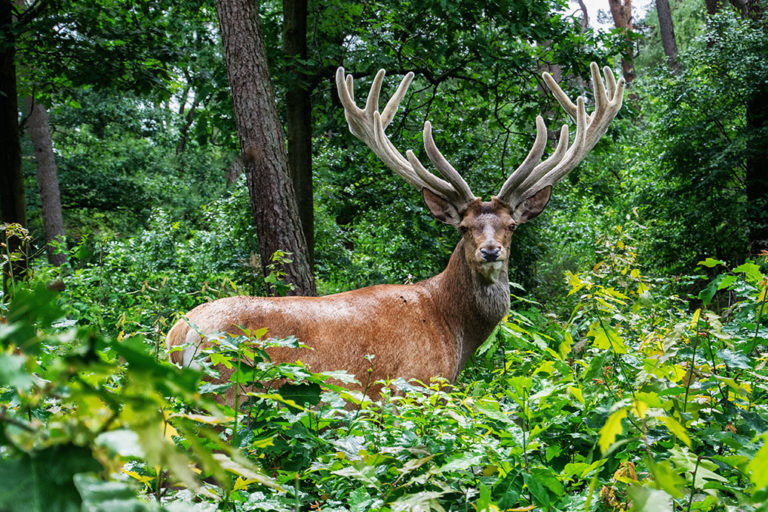A recent study undertaken by the National Geographic Society and Ipsos (a market research and a consulting firm), polled 12,000 adults around the world to gauge how much people value nature and biological diversity.
Research participants came from various parts of the global, namely South Africa, Australia, Brazil, China, the USA, Great Britain, India, Kenya, Mexico, Indonesia, South Korea and the United Arab Emirates.

According to National Geographic, American biologist EO Williams ‘has argued in recent years that humans should set aside half of Earth as nature, an ambitious proposition to stave off mass extinction and safeguard the bulk of our planet’s biodiversity, including its people’.
The majority of survey respondents in the recent poll agreed that more than 50% of the planet’s land and sea should be protected. Interestingly, Mexico, Brazil and South Africa – nations with a high biodiversity – were most concerned about the extinction of species.
Researchers have said that in the countries polled, the results from the five with limited or the least access to the internet – Brazil, South Africa, Mexico, Indonesia and China – could represent the opinion of wealthier, urban-dwelling citizens rather than the general population. However, National Geographic was quick to point out that ‘people across the globe generally support conservation and saving wildlife’.
Despite this, however, ‘the survey results also revealed a poor understanding about topics such as extinction, in part due to lack of education’.
The poll revealed that the respondents were all very aware of the rapid pace of mass extinction, yet, according to Jonathan Baillie, executive vice president and chief scientist of the National Geographic Society, ‘they don’t know exact details or understand the extent of what we could lose’.
Baillie noted that the ‘Half-Earth plan’ is needed to meet the Paris climate target of limiting global warming to 1.5°C and achieve the United Nations’ sustainable development goals.
You may also like
Related Posts
China’s National Health Commission has published a list of controversial coronavirus treatments that have animal...
read more
Warmer sea temperatures in the summer months, especially in February, were recorded and are believed...
read more
While people are stuck indoors due to the coronavirus pandemic, the penguins at the Two...
read more